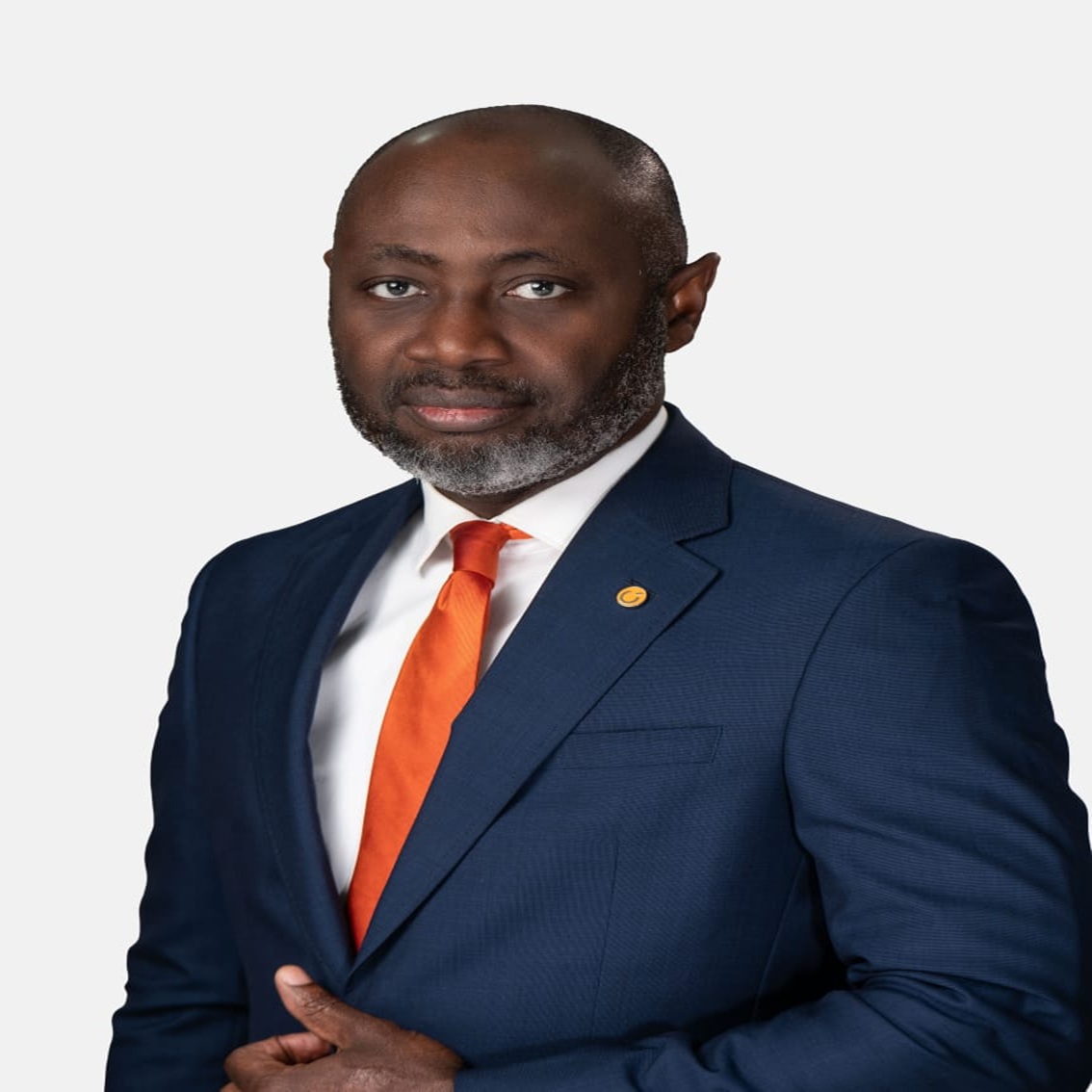News
Nigeria Loses N2.4Bn Daily to Shut Oil Pipeline
Nigeria may face severe financial difficulties in the months ahead as crude oil production has dropped further by 150,000 barrels per day due to the shut of the Trans Niger Pipeline (TNP) following an explosion and fire at a crude theft point on the 28” section of the facility at Bodo West in Ogoni land.
To this end, the country is currently losing about N2.357 billion daily, pending when the pipeline is restored.
Nigeria relies on oil exports for both foreign exchange and revenues and that is why the country’s economy is tied to the unpredictable oil market.
Mutiu Sunmonu, managing director, SPDC and country chair, Shell Companies in Nigeria described “another sad reminder of the tragic consequences of crude oil theft.”
“This is another sad reminder of the tragic consequences of crude oil theft. Unknown persons continued to reconnect illegal bunkering hoses at Bodo West even as our pipeline team were removing crude theft points. It was, therefore, not surprising that the fire occurred from the continuing illegal bunkering even as a previous crude oil theft point was being repaired by the team.
“So far, there is practically no spill from this event as the oil is burning off. What is visible in the water is from an earlier oil spill which was also as a result of oil theft. The explosion also triggered a fire on a nearby barge. Crude theft continues to pose significant challenges to people, the environment and the local and national economy, and all stakeholders must work together to stop this criminal activity.” Sunmonu added.
The shut down is a confirmation of the International Energy Agency (IEA) report, which predicted a drop in Nigeria’s crude output this quarter.
IEA stated that Nigeria’s crude oil output declined to a six-month low of 1.96 million barrels per day. The agency attributed the decline to oil theft and pipeline vandalism, which had bedeviled the industry for a long time.
But environmental activists accuse Shell Nigeria of using oil theft as an excuse to cover up accidental spills.
Associated Press reported that the company has to compensate local communities for spills not caused by theft.
“Sabotage is a problem in Nigeria, but Shell exaggerates this issue to avoid criticism for its failure to prevent oil spills,” Audrey Gaughran of Amnesty International said.
News
InfraCredit, AMDA Sign Partnership to Unlock Local Financing for Africa’s Mini-grid Sector

InfraCredit, a specialised infrastructure credit guarantee institution, has entered into a strategic partnership with the Africa Minigrid Developers Association (AMDA) to boost access to long-term local currency financing for mini-grid and distributed renewable energy (DRE) projects across Africa.

The agreement aims to strengthen market development and address long-standing financing barriers in the mini-grid sector, especially in Nigeria and other underserved African markets.
The collaboration is aligned with InfraCredit’s Clean Energy Funding Programme (CEFP), which offers credit enhancement, due diligence support, and technical assistance to renewable energy developers.
“With an estimated 86 million Nigerians, alongside hundreds of millions across Africa—still living without electricity, bridging this energy access gap demands a pipeline of investment-ready, well-prepared projects that can unlock scalable capital and accelerate financial close,” said Chinua Azubike, CEO of InfraCredit.
“This partnership creates a practical pathway to scale the impact of our Clean Energy Funding Programme by equipping more developers to structure commercially viable mini-grid and DRE projects that qualify for long-term local currency finance,” Azubike added.
Through the agreement, both InfraCredit and AMDA will work together to facilitate technical assistance, share toolkits, and deploy credit modelling frameworks, including InfraCredit’s Distributed Renewable Energy Lending Toolkit (DRELT) and DRE Credit Rating Model. These tools aim to enhance the bankability of projects and improve developers’ ability to secure patient capital in local currency.
AMDA, which represents mini-grid developers operating in over 20 African countries, brings deep sector expertise and a strong network of DRE operators to the partnership.
According to Lamide Niyi-Afuye, CEO of AMDA, the collaboration addresses one of the most persistent challenges in the sector.
“We are pleased to collaborate with InfraCredit to address one of the most persistent barriers in the minigrid sector, access to affordable, long-term local currency finance,” said Niyi-Afuye.
“By aligning AMDA’s advocacy and technical support efforts with InfraCredit’s proven models and tools, we aim to accelerate the deployment of resilient, decentralised energy solutions that deliver tangible socioeconomic benefits in Africa. We view this partnership as a blueprint that will be used beyond borders, paving the way for broader regional impact,” he added.
The partnership will also support the development of transaction-ready pipelines, capacity-building initiatives, and investor-developer forums aimed at improving market transparency and accelerating the roll-out of commercially viable mini-grids.
By facilitating access to domestic blended finance and strengthening project preparation, the partnership hopes to unlock greater private sector participation, mobilise local capital, and expand clean energy access across unserved and underserved communities in Africa.
News
Transcorp Power Posts Strong Half-Year Profit, Declares ₦11.25Bn Dividend

Transcorp Power Plc, one of Nigeria’s foremost electricity generating companies and a key subsidiary of Transnational Corporation Plc, has reported a robust financial performance for the half-year ended June 30, 2025.

In a statement issued on Sunday in Delta, the company disclosed a significant revenue growth of 52 per cent year-on-year, rising to ₦205.8 billion from ₦135.4 billion recorded in the corresponding period of 2024.
The company said that its gross profit surged to ₦77.6 billion, with a gross margin of 23 per cent, while profit before tax grew to ₦58.7 billion, representing a 15 per cent increase compared to ₦51 billion in H1 2024.
It attributed the improved performance to increased generation capacity, strategic investment in infrastructure, and enhanced operational efficiency.
Speaking on the development, the Chairman of Transcorp Power, Mr Emmanuel Nnorom, said the half-year results reflect the company’s commitment to disciplined cost management and sustainable value creation.
“Our resilient performance despite economic headwinds reaffirms investor confidence in our long-term prospects,” he said.
The company also declared an interim dividend of ₦11.25 billion, amounting to ₦1.50 for every 50 kobo ordinary share, subject to withholding tax.
Commenting on the operational gains, the Managing Director and Chief Executive Officer, Mr Peter Ikenga, said Transcorp Power increased its generation capacity by 100MW within the period.
“We remain focused on powering Nigeria and Africa, as we build on our momentum into the second half of the year,” Ikenga said.
Transcorp Power is a listed entity on the Nigerian Exchange and operates as one of the country’s leading power generation companies, with a track record of driving economic growth through reliable electricity supply.
News
Lawyers Drags NLS to Court for Alleged Election Fraud, Data Violation

Two Nigerian lawyers have sued promoters of the Nigerian Law Society (NLS) over allegations of electoral fraud and unlawful use of personal data.

The legal actions follow the recent election conducted by the NLS, a breakaway association formed as an alternative to the Nigerian Bar Association (NBA), to elect its national officers.
In one of the suits, marked FHC/ABJ/05/1506/2025 and filed before the Federal High Court in Abuja, a lawyer, Timothy Tersugh Ahua, is challenging the conduct of the election and the legitimacy of the electoral process.
Ahua named several NLS promoters, including prominent lawyers, as defendants.
They include Senior Advocates, Chief Mela Audu Nunghe, Dr. Ugoji Eze, Secretary of the NLS Electoral Committee, and Chief Bolaji, Chairman of the NLS.
Others named in the suit are Ferguson Chioma Blessing, Chief Emeka Ichoku, and Tejumola Adigun.
Citing provisions of the Federal High Court Civil Procedure Rules, Ahua is asking the court to declare that the NLS electoral process violated its constitution.
He is seeking a declaration that all unopposed candidates, including himself, be declared elected, as published by Dr. Tonye Clinton Jaja, the alternate Chairman of the NLS Electoral Committee.
Ahua claims he was duly nominated for the position of Secretary General but was unjustly excluded, accusing the defendants of hand-picking candidates in breach of the rules.
He further alleged that the exclusion caused him financial loss, reputational damage, and personal hardship, urging the court to correct what he described as a grave injustice.
In a separate suit before the Federal High Court in Abeokuta, another lawyer, Oluwadare Thomas, sued Chief Mela Nunghe, a Senior Advocate of Nigeria, Dr. Ugoji Eze, the Corporate Affairs Commission (CAC), the National Information Technology Development Agency (NITDA), and the Nigerian Data Protection Commission (NDPC), over alleged violation of his data privacy rights.
Thomas is asking the court to determine whether the use and publication of his personal data by NLS election officials without his consent amounts to a breach of Section 37 of the 1999 Constitution and the Nigeria Data Protection Act, 2023.
He also wants the court to consider whether the use of the NLS name for the election, despite a CAC notice and a pending suit, constitutes contempt of court and abuse of legal process.
He is seeking several declaratory and injunctive reliefs, including a court order restraining the continued use of his personal data and an order compelling NITDA and NDPC to investigate and sanction the respondents.
Thomas is also demanding N50m in compensation for the alleged unlawful processing and exposure of his personal information.

 E-Business2 days ago
E-Business2 days agoHuawei Unveils AI Computing System to Challenge Nvidia’s Flagship Product

 E-Financial2 days ago
E-Financial2 days agoUnion Bank Rewards Customers with ₦5 Million Each in Save and Win Palli Promo Season 4 Grand Finale

 E-Financial2 days ago
E-Financial2 days agoEdun, Finance Minister Inaugurates NDIC New Management

 General News2 days ago
General News2 days agoNew Tax Law Empowers NRS to Fine Offenders up to N10m

 News2 days ago
News2 days agoLawyers Drags NLS to Court for Alleged Election Fraud, Data Violation

 Broadcasting2 days ago
Broadcasting2 days agoCourt Upholds AVRS Legal Rights to Licence Audiovisual Works in Hotels

 Telecom2 days ago
Telecom2 days agoNASENI, Nigerian Air Force Renew Strategic Partnership to Drive Indigenous Defense Technologies

 General News2 days ago
General News2 days agoTaskforce Arrests Six for over Fake Lottery Scam























